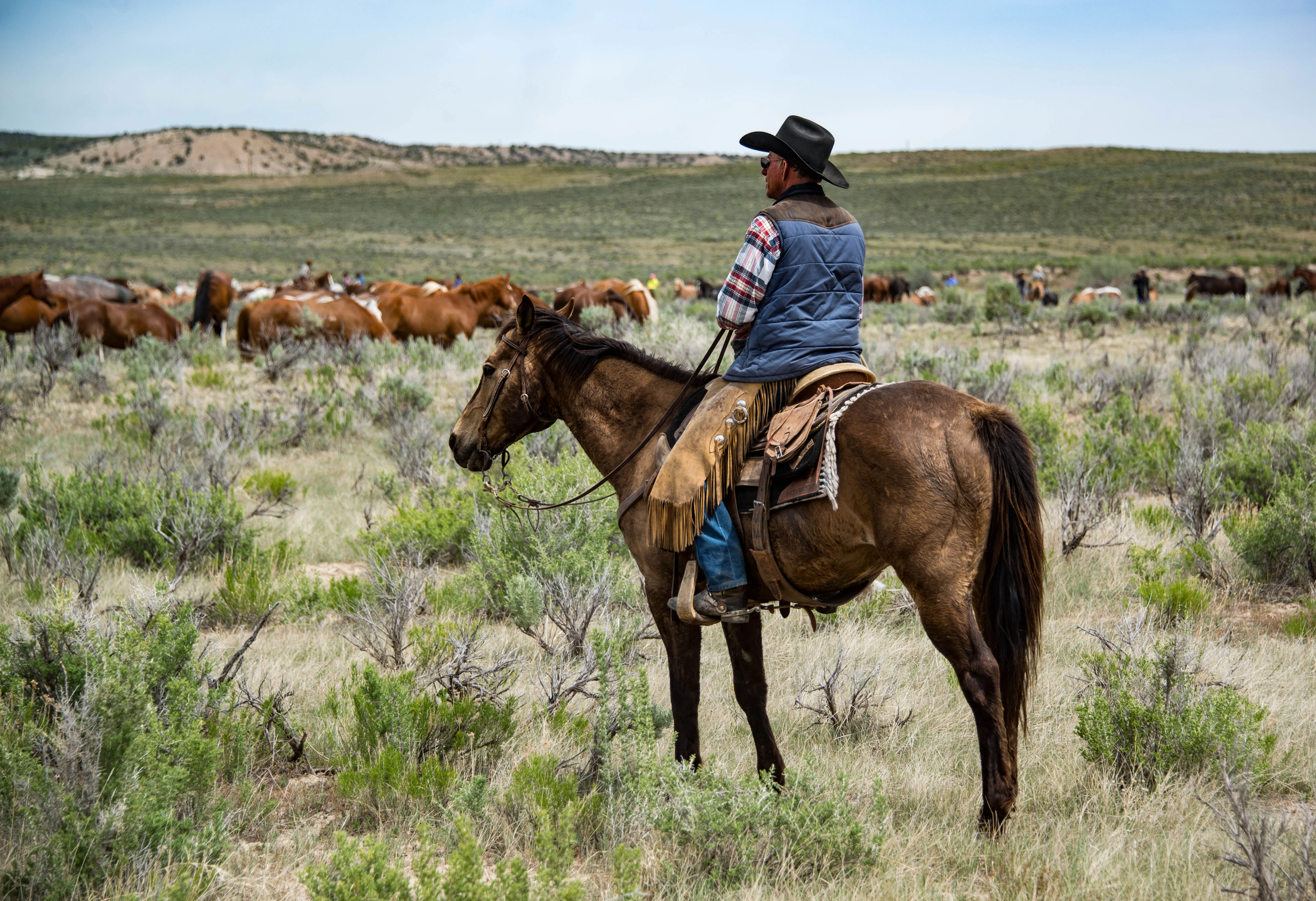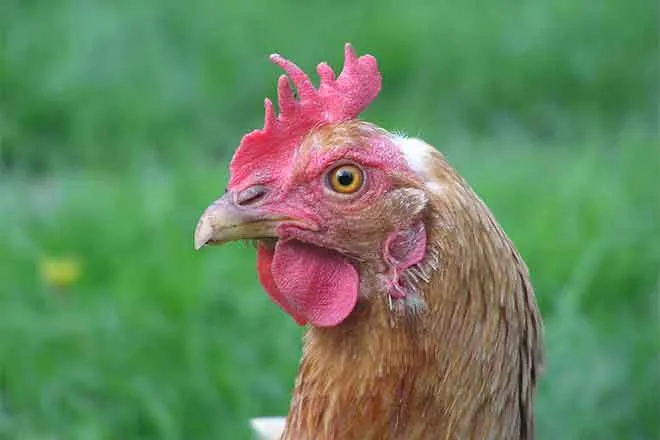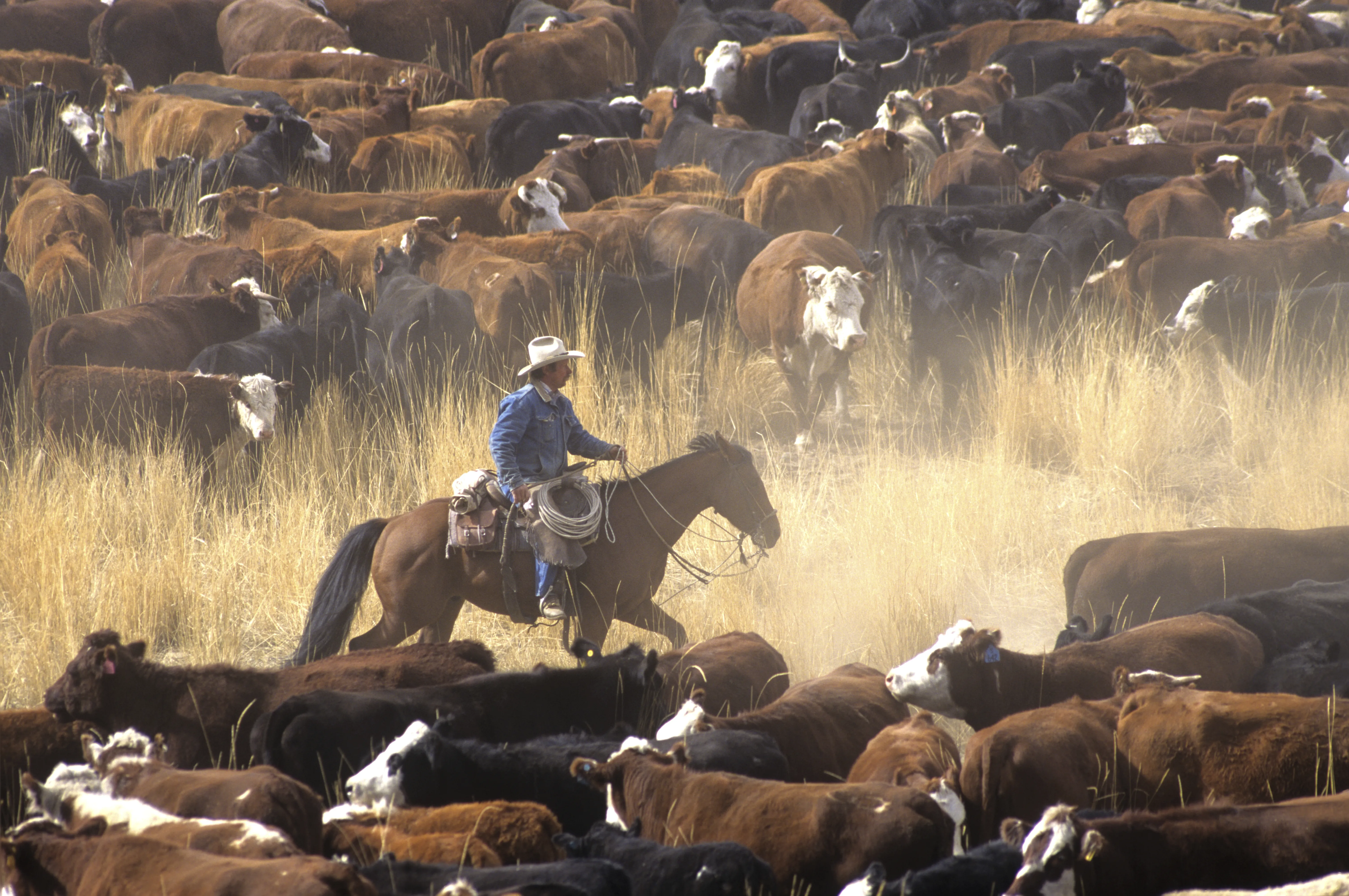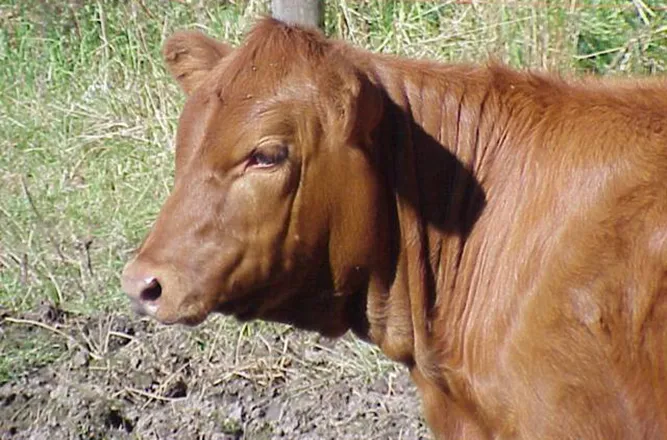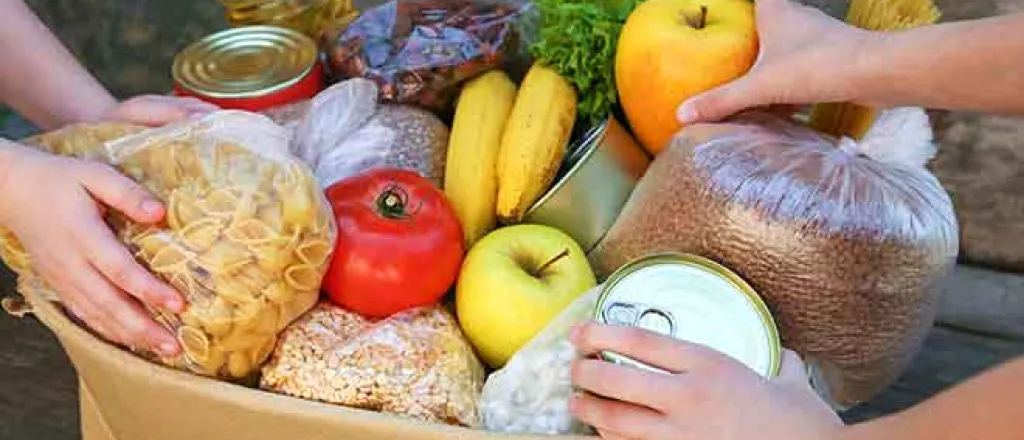
Climate change worsens food insecurity in Nebraska, U.S. and globally
Click play to listen to an abbreviated version of this article.
(Nebraska News Connection) The links between climate change, farmers and nutrition in low-income countries is a matter of national security in the United States, said an official with the Farm Journal Foundation, a nonprofit, nonpartisan organization that released a new report.
"If you're hungry, you're going to do just about anything you need to do to feed yourself and your family, especially if you are a mom, and you will go hungry yourself to feed your child," Katie Lee, vice president of government affairs at Farm Journal Foundation, told the Daily Yonder.
"That leads to all sorts of challenging situations where that is more of an issue. We still have hungry people in the United States. But it is a far more dire issue in lower-income countries - just in terms of sheer percentage of populations of people who are dealing with either acute hunger where they're on the brink of starvation, or general hunger, where they're not having regular access to food, let alone nutritious food."
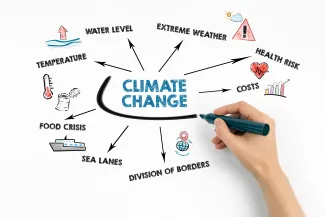
Lee was referring to a study that found weather events over the past several years have led to lower harvests, lost agricultural incomes and increasing food prices. All those factors contribute to increasing rates of malnutrition, according to the report by Ramya Ambikapathi and Daniel Mason-D'Croz, senior research associates at Cornell University's College of Agriculture and Life Sciences' Department of Global Development.
About 3 billion people around the world are unable to afford a well-balanced, healthy diet that includes whole grains, fruits, vegetables, and animal-sourced foods, the study found. People in low- and middle-income countries, where farming is often the main source of income, are feeling the brunt of the impact.
Women farmers were a centerpiece to the report.
Ambikapathi, one of the report authors, said women feel the impacts of climate change more severely than men due to higher exposure and sensitivity. She pointed out that a crop loss or a small pest infestation can have devastating effects because they cannot address it as easily because of lower access to information and financial services compared to men.
"I think one of the more classic (impacts is that when women are primarily responsible for getting water, and the more you see drought-like conditions, (they) have to go further and further," Ambikapathi said in a Zoom interview with the Daily Yonder. "There's also a lot of new reports that come out that gender-based violence increases with climate change."
Study co-author Mason-D'Croz echoed that sentiment. Vulnerable groups have less access to resources, he said.
"When you do have some sort of an external shock, whether climate, pests and disease, economic shock of some sort - these groups almost always are the ones who get hit the hardest, because they have the least capacity to absorb it," Mason-D'Croz said in a Zoom interview.

© iStock - Pashalgnatov
The report makes recommendations for what U.S. policymakers can do to support global nutrition security. The recommendations include supporting investments in agricultural research and development; investing in programs that benefit women's nutrition and womenwho work in agriculture and food systems; and increasing support for programs that improve farmers' access to finance, among other recommendations.
Lee said the study points to policy actions the U.S. could take. "We have lots of opportunities through appropriations and funding and the Farm Bill to support ag development and innovation, and address challenges like climate change, global hunger and malnutrition and things like high input costs that hurt farmers, bottom lines, and more," she said.
In addition to global nutrition being a U.S. national security issue, Lee said there are also concerns about pests and health risks, including animal diseases. Thirdly, there are economic and trade angles that suggest a focus on climate change and global nutrition should be a U.S. priority.
"If we're looking at where the trade opportunities are going forward, it's in places like Africa," Lee said. "And there are huge markets and a huge rapidly growing population, where, through working with smallholder farmers to try to build up incomes in those countries, there's a huge opportunity for U.S. agriculture."
Finally, she added, it's simply the right thing to do.
"We should be taking a view that anyone who is hungry in this world, any child or a mother, who is hungry, is not acceptable," she said.
Kristi Eaton wrote this article for The Daily Yonder.





